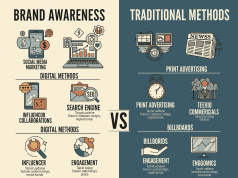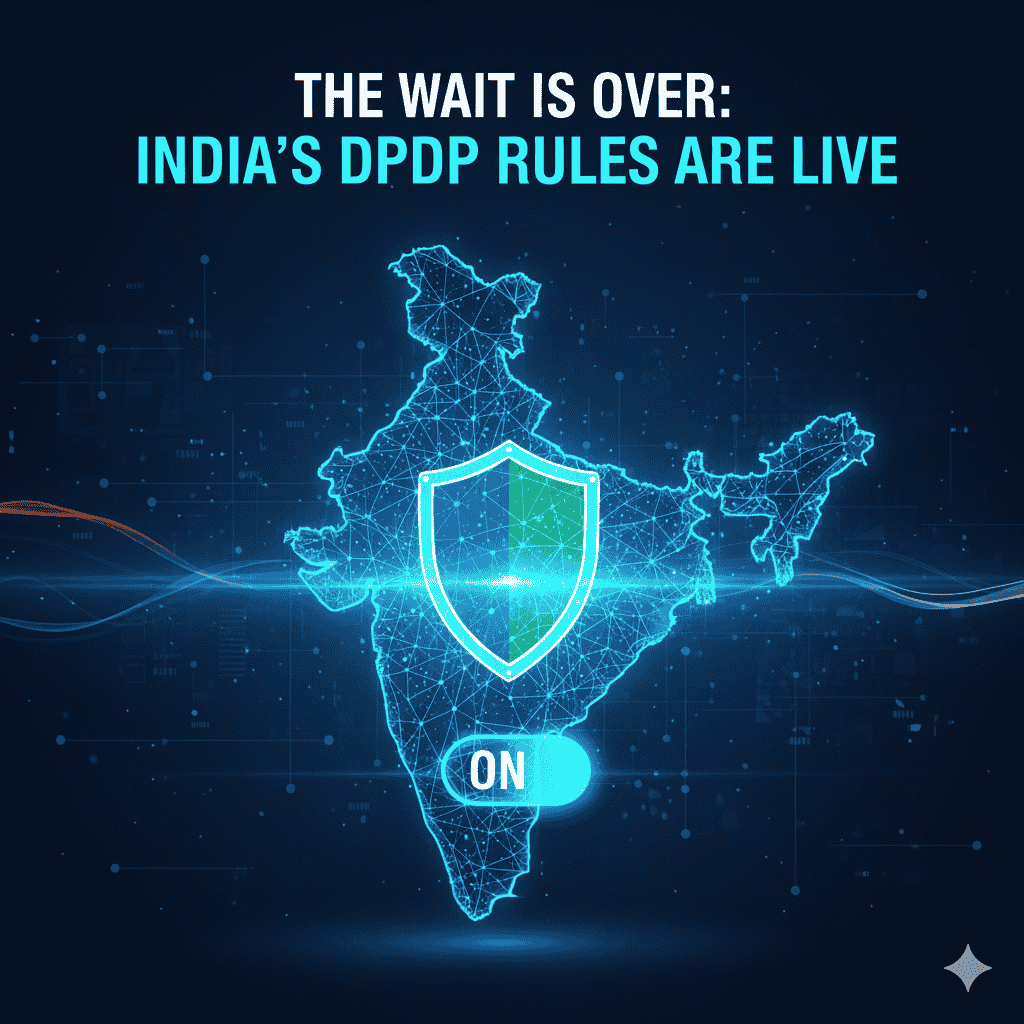In today’s digital-first world, the marketing landscape is more complex than ever. With an overwhelming amount of data, diverse platforms, and evolving consumer behaviors, marketers are seeking innovative solutions to manage their advertising campaigns effectively. Enter ad campaign management software—a vital tool in the arsenal of modern marketers.
The Importance of Ad Campaign Management Software
Ad campaign management software simplifies the planning, execution, and analysis of advertising endeavors. It serves as a comprehensive platform that allows marketers to manage multiple ad campaigns across various digital channels, streamline workflows, and optimize performance. As businesses strive to maximize their return on investment (ROI), leveraging these software tools has become essential.
Key Features of Ad Campaign Management Software
- Multi-Channel Management
Today’s consumers interact with brands across a myriad of platforms—social media, search engines, email, and beyond. Ad management software provides a unified interface for managing campaigns across these channels. Marketers can easily allocate budgets, tailor messages, and track performance metrics all in one place. - Data-Driven InsightsThe ability to analyze real-time data is critical in informing marketing strategies. Advanced ad management tools offer robust analytics features, providing insights into campaign performance, audience behavior, and engagement metrics. These insights enable marketers to make data-informed decisions, optimizing campaigns for better outcomes.
- Automation and Optimization
Automating repetitive tasks saves time and resources. Many ad campaign management platforms incorporate features like A/B testing, budget allocation automation, and audience segmentation. This not only increases efficiency but also enhances targeting accuracy, ensuring that campaigns reach the right people at the right time.
- Collaboration and Workflow ManagementIn many organizations, marketing teams consist of diverse members across various functions. Effective collaboration is crucial for campaign success. Ad management software typically includes features for team communication, task assignment, and project tracking, ensuring that everyone is aligned and aware of campaign progress.
- Creative Asset ManagementManaging various creative assets can be overwhelming. Ad campaign software often includes digital asset management features that allow marketers to store, organize, and retrieve multimedia assets efficiently. This ensures that teams have easy access to brand-approved materials, maintaining consistency and quality across campaigns.
Choosing the Right Ad Campaign Management Software
With various options available in the market, selecting the right ad campaign management software can be daunting. Here are key considerations for marketers:
- User-FriendlinessLook for a platform with an intuitive interface. The software should be easy to navigate to facilitate quick adoption by team members.
- Compatibility with Existing ToolsEnsure the software integrates seamlessly with existing marketing tools, such as customer relationship management (CRM) systems, analytics platforms, and content management systems.
- ScalabilityConsider whether the platform can grow with your business. As marketing needs evolve, the software should be capable of accommodating increased campaign complexity and volume.
- Customer Support and TrainingReliable customer support and training resources are invaluable, especially during the initial implementation phase. Assess the level of support offered by the vendor.
- Pricing StructureEvaluate the pricing model to ensure it aligns with your budget and expected return on investment. Some platforms offer flexible pricing based on usage, while others may have fixed subscription models.
Conclusion
As the digital landscape continues to evolve, marketers must adapt and leverage technology to stand out amidst the noise. Ad campaign management software provides the tools needed to navigate this complexity, improving campaign efficiency and effectiveness. By harnessing the power of data, automation, and collaboration, marketers can drive their campaigns to new heights, delivering personalized, impactful advertising that resonates with their audience. In an era where adaptability is key, investing in the right ad campaign management tools will determine the success of modern marketing strategies.









